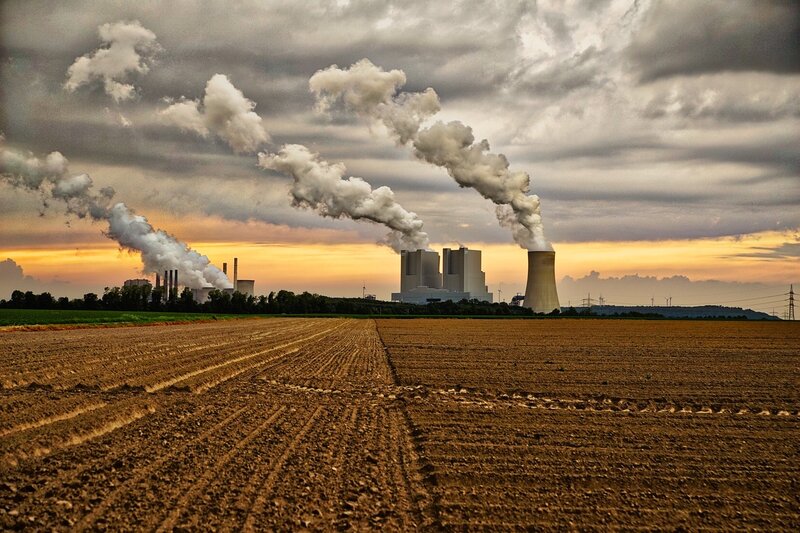In an effort to deflect mounting criticism over the nation’s energy policy, Japan has announced that it will tighten restrictions on national exports of coal power to countries in the developing world. This revised limit on aid for overseas coal-powered projects constitutes a part of an ongoing effort to bring Japan “one step closer to achieving carbon neutrality,” in the words of environment minister Shinjiro Koizumi.
—
The Japanese government will no longer provide financial assistance for coal-fired power plants in any host country that does not have a policy for decarbonisation. This marks a notable shift from Japan’s previous stance of supporting coal industry profits. At a press conference, Koizumi asserted that the imposed constraints will make it difficult for the government to fund foreign coal projects in the future. The new export policy is slated to take full effect in December, while its overall energy policy is set to be announced next year.
Nonetheless, the reform does not wholly outlaw official support abroad as it maintains special exemptions where the government will still export coal-powered technology, based on four conditions: (1) the nation has no other reasonable options for alternative energy sources, (2) the request is directly addressed to the Japanese government, (3) the nation’s energy policy and climate change prevention measures are comprehensively articulated, and (4) coal-fired power meets the basic standards of Ultra Supercritical Coal — a term referring to advanced plants with maximal efficiency and minimal heat waste and carbon emissions. The updated principle will not apply to ongoing projects already in its pipeline, including the controversial Vung Ang 2 in Vietnam and the Indramayu coal plant in Indonesia.
This detour in export policy is accompanied by another plan to close 100 inefficient domestic coal-fired power plants by 2030. These two moves signify a pivotal change in direction to bring Japan in line with the 2015 Paris Climate Agreement under which Japan- the world’s third-biggest economy and fifth-largest greenhouse gas emitter- has recently pledged to become carbon neutral by 2050.
You might also like: Japan Phases Out Coal Power in Export Policy
The steer-away from coal is a timely response to the strong international backlash against Japan’s previous promotion of coal power on both a local and foreign level. The island nation has long been under fire due to its continued reliance on and investment in coal-firing thermal power. Despite prior attempts to reorient its energy source mix, as of 2018, Japan still relied on coal for 32% of its total power generation, just behind natural gas at 38%. Constant calls for a halt to coal were directed to Japan during the G20, the UN Climate Action Summit, and COP25 conferences last year.
Yet, while the grip on coal seems to have loosened, some environmental activists claim that the curb on state foreign assistance falls short as it does not go far enough to combat the country’s long-standing addiction to coal. Various coalitions have demanded the total abolition of domestic coal plants and an immediate slash of coal financing without exceptions. Recently, the Japan Centre for a Sustainable Environment and Society (JACSES) penned a statement arguing that the exemption of projects at the planning stage is a loophole and deemed the policy to be inconsistent with the long-term goals of the Paris Agreement. More petitions have been launched, including one by groups in Japan and Indonesia urging the Japanese International Cooperation Agency (JICA) to reject financing for the Indramayu coal plant “in exchange for future generations,” and another from 44 groups in 18 countries calling for JICA to cease the backing of the Matarbari 2 coal plant in Bangladesh. The government has and will continue to be on the receiving end of worldwide opposition until it wholly cuts ties with coal.
Slowly drifting towards a sustainable economy, Japan has initiated yet another bold breakthrough by bidding farewell to coal exports, paving a sound foundation for future energy policies. To facilitate a complete, swift shift towards renewable and clean energy, however, there is still a long way ahead.














